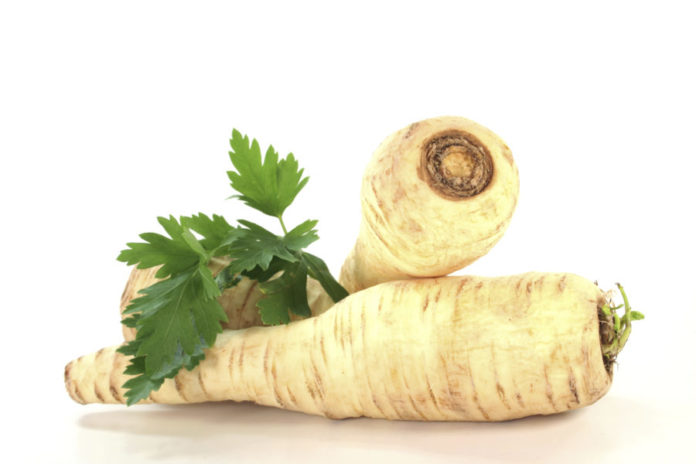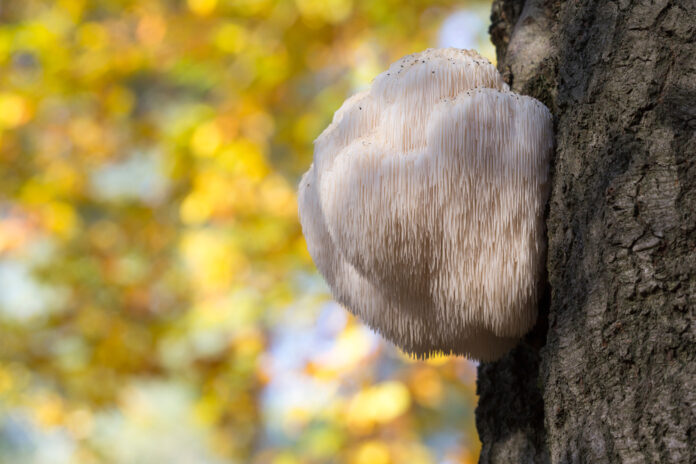Parsnips for dogs

When we discover how healthy they are for us, we’ll want to serve these sweet, fragrant root vegetables more than just at holiday time. And we’ll want our pets to enjoy the benefits of eating parsnips more often, too.
High in vitamins and minerals, parsnips contain lots of fiber, as well as antioxidants that provide anti-cancer, anti-inflammatory and anti-fungal abilities.
Humans and dogs need dietary fiber, and a high percentage of parsnip fiber is soluble. This means it attracts water to form a gel, which then slows down digestion; that’s a positive result! Soluble fiber delays the emptying of the stomach and sends “I feel full” signals, which in turn, helps to control weight. Slower stomach emptying may also improve blood sugar levels and have a beneficial effect on insulin sensitivity, thereby helping to control diabetes. Soluble fibers can also help lower “bad” LDL blood cholesterol. Diets that include plenty of high-fiber foods like parsnips may also reduce the risk of bowel disease.
When feeding our pets vegetables, writer Mary Straus suggests steaming them, which serves to break down cell walls and make their nutrients easier to metabolize. Straus advocates lightly cooking many kinds of greens, plus root vegetables like parsnips as part of a well-balanced diet.
Parsnips’ cancer-combating ability comes from poly-acetylene antioxidants: falcarinol, falcarindiol, panaxydiol, and methyl-falcarindiol. Several research studies conducted by scientists at the University of Newcastle at Tyne found that these compounds offer protection from colon cancer and acute lymphoblastic leukemia, as well as showing anti-inflammatory and anti-fungal properties.
Parsnips also contain folate, part of the B family of vitamins that boost metabolism and keep nervous systems healthy. They’re potassium rich, too, potassium being both a mineral and an electrolyte essential for skeletal, cardiac and muscle performance. And parsnips provide vitamin C to support bone health, skin and teeth as well as fortify the immune system. Vitamin C’s antioxidant function can inhibit free radical compounds from damaging DNA, and may help prevent osteoarthritis, hypertension and heart disease.
Parsnips–with all their health-enhancing nutrients—clearly deserve a prominent place in our dog’s diet, just as much as our own. Pass the parsnips please!



